How have D&D classes changed for the 2024 Player's Handbook?
We compare how the new versions stack up against their 2014 equivalents
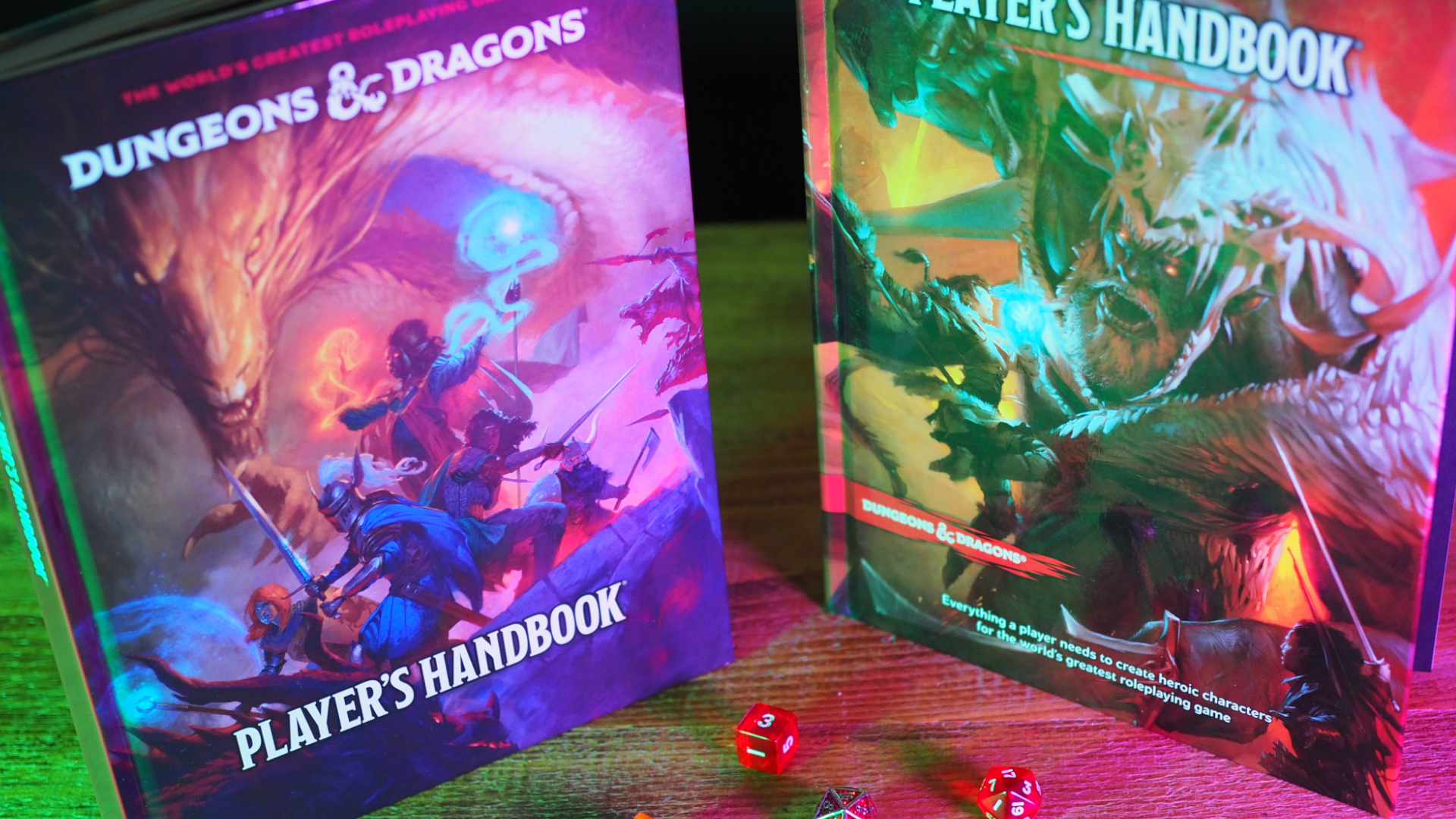
All 12 of the D&D classes have received overhauls in the new Player’s Handbook.
Coming out later this month, the Player’s Handbook represents the first book in Dungeons & Dragons revised 5th edition ruleset. While the core gameplay largely remains unchanged save for a few renamed actions and clarifications, the character creation process has received a significant overhaul, with most D&D classes given additional abilities and options both in and out of combat.
To get you up to speed, here’s a rundown of some of the biggest changes made to each class in the new 2024 D&D Player’s Handbook and how it impacts one of the best tabletop RPGs.

Barbarian: The Barbarian’s Rage lasts longer and can now be extended for an additional round by spending a Bonus Action in addition to making an attack or forcing a saving throw. Starting at Level 9, the Barbarian class gains access to a new Brutal Strike ability that adds tactical options to a Reckless Attack by trading out the Advantage that ability typically provides.

Bard: The Bard’s Bardic Inspiration now lasts an hour instead of 10 minutes and can be used when a creature fails a D20 test as opposed to needing to declare it before making the check. The Bard class also has a new capstone ability called Words of Creation that adds Power Word Kill and Power Word Heal to their prepared spell list and can potentially cast it on two targets within 10 feet of each other.
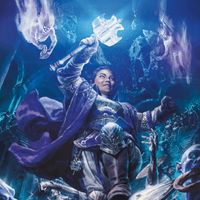
Cleric: The Cleric class gains a new Divine Order ability that provides some customization options at Level 1. Divine Intervention also receives an overhaul, with players able to cast a Cleric Spell of 5th level or lower as an Action without the need for material components. At Level 20, Greater Divine Intervention grants access to Wish as a Divine Intervention option.

Druid: Wild Shape has received a complete overhaul. The ability is now activated with a Bonus Action, regardless of a Druid’s subclass. Players also receive a temporary HP pool instead of gaining the hit points of the beast they transform into. Druids can now talk in the beast form, but only have access to a limited number of Beast Forms that they can swap out on a long rest. Also, the new Primal Strike ability grants a Wild Shape form additional damage at higher levels.

Fighter: The Fighter class notably gains access to the Weapon Mastery system, which adds tactical secondary abilities to melee weapon attacks. Several classes have access to the Weapon Mastery system, but the Fighter has more access to Weapon Mastery abilities and eventually can use several Weapon Mastery options with any weapon. The Second Wind ability can also be used in more ways, thanks to the new Tactical Mind and Tactical Shift abilities.

Monk: The Monk has received a massive overhaul, with a stronger Martial Arts die progression, buffs to the Patient Defense and Step of the Wind abilities, and an improved Deflect Attacks ability that is no longer limited to ranged attacks. The new Uncanny Metabolism ability allows a Monk player to recover Focus Points and some hit points when rolling Initiative. Also, the Empowered Strike ability now gives the Monk access to Force Damage when they make an Unarmed Attack, which provides a way to bypass common damage resistances. Many of the Monk’s core abilities also receive an upgrade at Level 10 thanks to the new Heightened Focus ability.

Paladin: The Paladin has received one of the more controversial changes in the new Player’s Handbook, with the class’s Divine Smite ability changed to a spell that it always has access to and is triggered by using a Bonus Action. This functionally limits the Paladin to one Divine Smite per turn and they can’t be stacked with other Smite spells. On the plus side, Find Steed is now always prepared beginning at Level 5 and can be cast for free once per Long Rest.
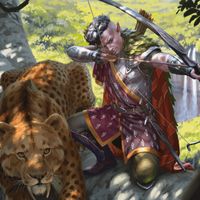
Ranger: Another controversial change, many of the Ranger’s abilities are focused on using Hunter’s Mark, which now comes always prepared and can be cast twice for free. Several new abilities make use of Hunter’s Mark, such as Relentless Hunter (which causes the Ranger to no longer potentially break concentration). Natural Explorer is also replaced by a new Deft Explorer ability, swapping boons to travel for a new Expertise and two new languages at level two.
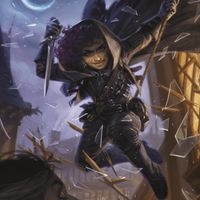
Rogue: The Rogue gains access to a new Cunning Strike ability that trades a part of the Rogue’s Sneak Attack damage for one of several optional abilities such as poisoning an enemy, tripping them, or attacking and then rushing away without dealing with Opportunity Attacks. More Cunning Strike options unlock at Level 14, with the ability to knock out an opponent, daze them, or blind them when making a Sneak Attack.
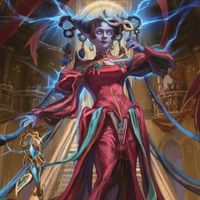
Sorcerer: The Sorcerer now has access to more spells at any given time, with the sorcerer now able to prepare as many spells as other primary spellcasting classes starting at Level 3. Sorcerers can also now power up their spellcasting using the Innate Sorcery ability, which grants them advantage on attack rolls when using Sorcerer spells and increasing the DC on their Sorcerer spells saves. The Innate Sorcery ability grows in power at Level 7 and Level 20, with the Sorcerer’s capstone ability allowing use of one metamagic option for free per turn when Innate Sorcery is active.

Warlock: Warlocks have access to more Eldritch Invocations starting at Level 1 and can add more Eldritch Invocations during level progression. Warlocks also have access to a new Magical Cunning ability that gives them the ability to restore half of their spell slots by using a 1 minute ritual. Also, Warlocks can now contact their patron directly once per long rest using a free Contact Other Plane spell.
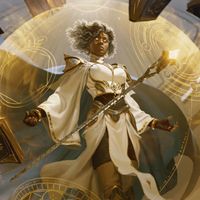
Wizard: Spellcasting remains a Wizard’s strong point, and Wizards can now switch out Cantrips after a Long Rest and can swap out prepared spells on a Short Rest thanks to the Memorize Spell ability, which they get at Level 5. While the Wizard has received among the least number of changes compared to its 2014 version, several of its subclasses have received significant updates.
For recommendations on what you should play with these new classes, check out our guide to the best D&D books. As for a change of pace, don't miss the best board games.
Weekly digests, tales from the communities you love, and more

Christian is an experienced freelance journalist who has been covering the tabletop gaming industry for years. He specializes in coverage of Dungeons & Dragons, the Pokemon Trading Card Game, and Warhammer.


